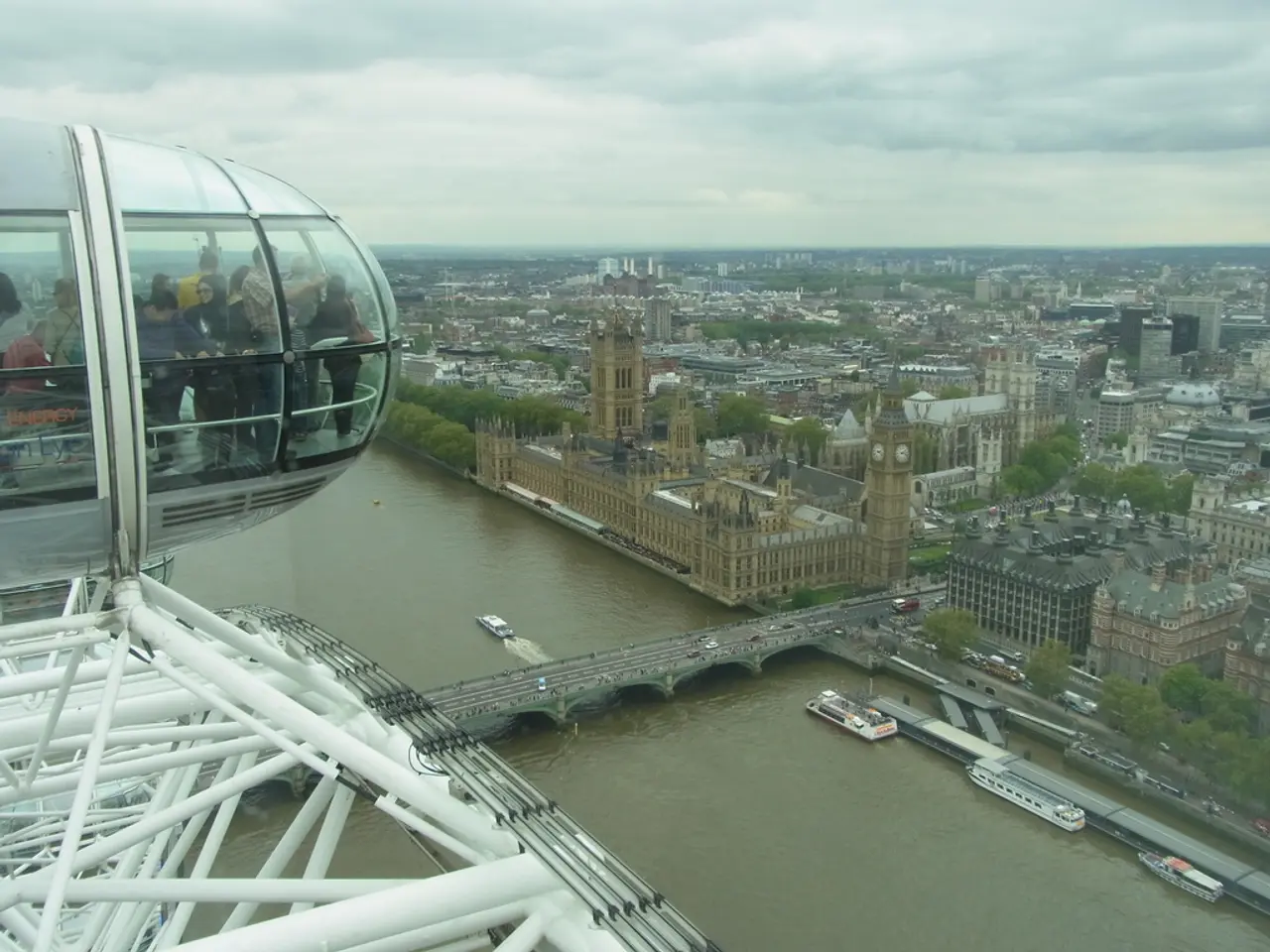Did Labour potentially renounce their commitment to building 1.5 million homes?
Labour's ambitious pledge to build 1.5 million new homes within its first five years in office is proving to be a daunting task, with current estimates suggesting the goal will not be met within the original timeframe.
After a year in office, while there has been an increase in new home construction starts, the current pace means the target will be missed by approximately eight years. Analysis shows that at the current rate, it would take 12 years to meet the manifesto pledge rather than five.
To address this shortfall, the government has unveiled a major affordable housing investment programme, pledging £39 billion over the next decade. This investment aims to deliver up to 500,000 new social homes over ten years, which is significant but still falls short of the overall 1.5 million homes target.
Several factors impede progress, including skilled labour shortages, inefficiencies in the planning system, the need for economic stability, and the necessity of unlocking additional private sector investment. To tackle these challenges, Labour is focusing on relaxing planning approval processes, allocating emergency funds to homelessness and housing infrastructure, encouraging collaboration among government bodies, local authorities, and the construction industry, and increasing borrowing capacity to fund housebuilding projects.
However, the Office for Budget Responsibility (OBR) now projects that only 1.3 million homes will be built by 2029-30, falling short of the 1.5 million target. This shortfall of 200,000 homes has sparked fresh scrutiny of Labour's housing plan.
Labour's Chief Secretary to the Treasury, Darren Jones, has admitted that the government's housing target of 1.3 million homes is partially reliant on achieving this figure. He has reiterated Labour's plans to train more tradespeople and push planning reforms through the National Planning Policy Framework but has not provided specifics on how the shortfall would be addressed.
The government's press release frames the figures as progress, highlighting reforms such as the Planning and Infrastructure Bill, a long-term housing strategy, and an additional £2 billion investment in the Affordable Homes Programme. The debate did not provide any new information about the government's press release confirming that the OBR expects only 1.3 million homes to be built, falling short of the 1.5 million target.
In conclusion, while Labour remains committed to its target to build 1.5 million homes, current trajectories indicate the goal will not be met within the original five-year timeframe. The government is tackling this shortfall by boosting investment, reforming planning rules, and seeking private sector partnerships, but substantial structural and economic barriers remain to be overcome.
- The government's ambitious resolution to build 1.5 million new homes within five years, initially set by Labour, appears unattainable, with estimates pointing towards a 8-year delay.
- In an effort to narrow this gap, the government has proposed a £39 billion investment for affordable housing over the next decade, aiming to deliver up to 500,000 new social homes.
- Ongoing challenges such as a lack of skilled labour, planning system inefficiencies, economic stability concerns, and the need for private sector investment are barriers to hitting the overall 1.5 million homes target.
- Labour's policy to address these challenges involves relaxing planning approval processes, allocating emergency funds for homelessness and housing infrastructure, encouraging cross-sector collaboration, and increasing borrowing capacity for housebuilding projects.
- Despite the government's reinforcement of its housing target at 1.3 million homes, the shortfall of 200,000 homes remains a contentious issue, prompting fresh appraisal of Labour's housing plan.








